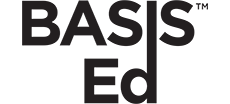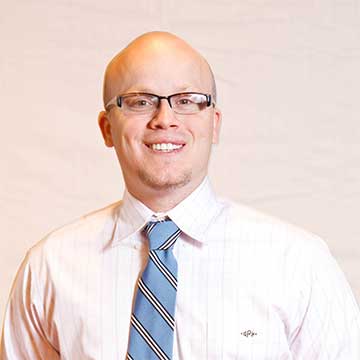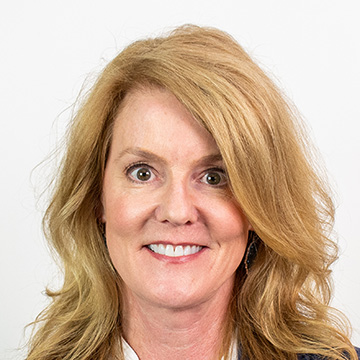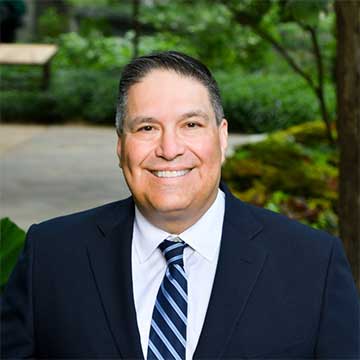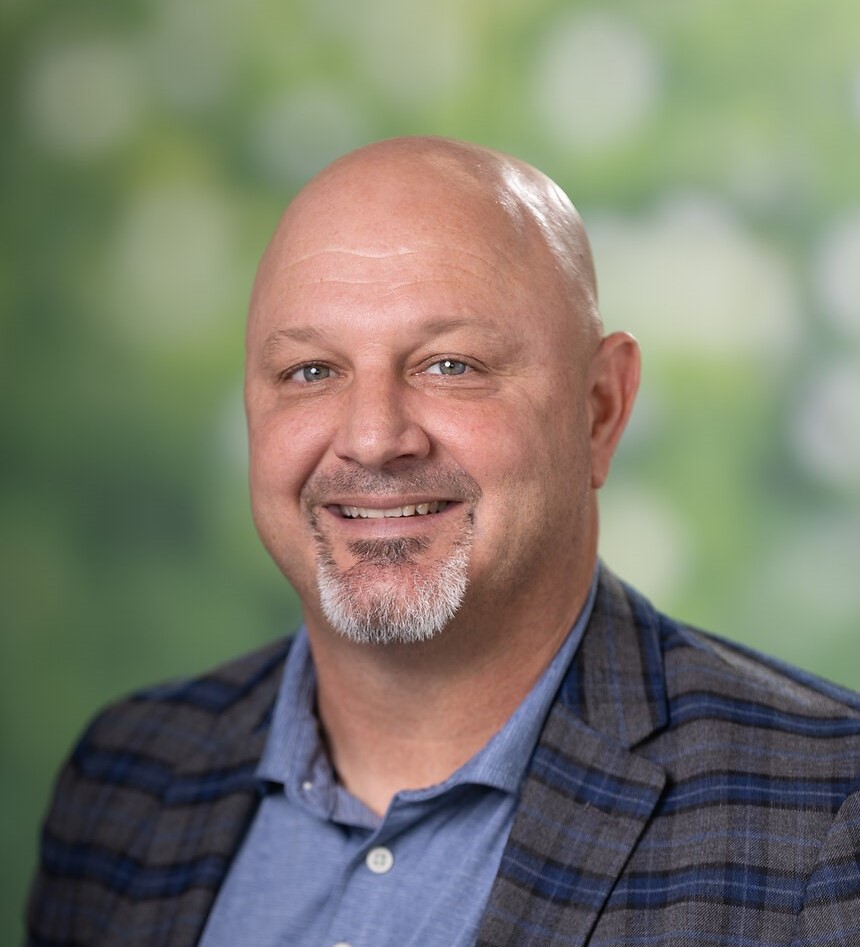Managing Educational Excellence
The goal of a great education is to provide students with limitless opportunities.
BASIS Ed Texas provides comprehensive education management services to all BASIS Texas Charter Schools. The consistent level of success achieved by BASIS Charter School students stems directly from our passionate subject-expert teachers and their use of the BASIS Charter School Curriculum.
At BASIS Ed our mission is to provide our students with a transformative K-12 education. With the cutting-edge BASIS Curriculum, through exceptional teaching and faculty mentoring, we will produce graduates who have broad intellectual capabilities, international perspectives, critical thinking proficiency, and creative problem-solving skills to be leaders in their future academic and professional lives.
Every charter school in our network is built upon the same pedagogic curricular and cultural platform. Each of our charter schools is recognized among the absolutely best schools in the world, and we have a track record of placing our graduates into top-tier colleges and universities. With broad plans for future campuses throughout Texas, we are growing more and more with each new day! We currently have five school locations in the metro San Antonio area, three in the greater Austin area and our one campus in the Metro Fort Worth area!
BASIS Ed Texas is a branch of the larger BASIS Ed network. Together, we create and manage the BASIS Charter Schools across the country. BASIS Ed is responsible for the curriculum, assessments, and training processes that make outstanding learning results possible. We also provide all back-office support services: human resources, finance and accounting, marketing, IT, recruiting, etc., that are at the core of BASIS Charter Schools in Texas and across the country.
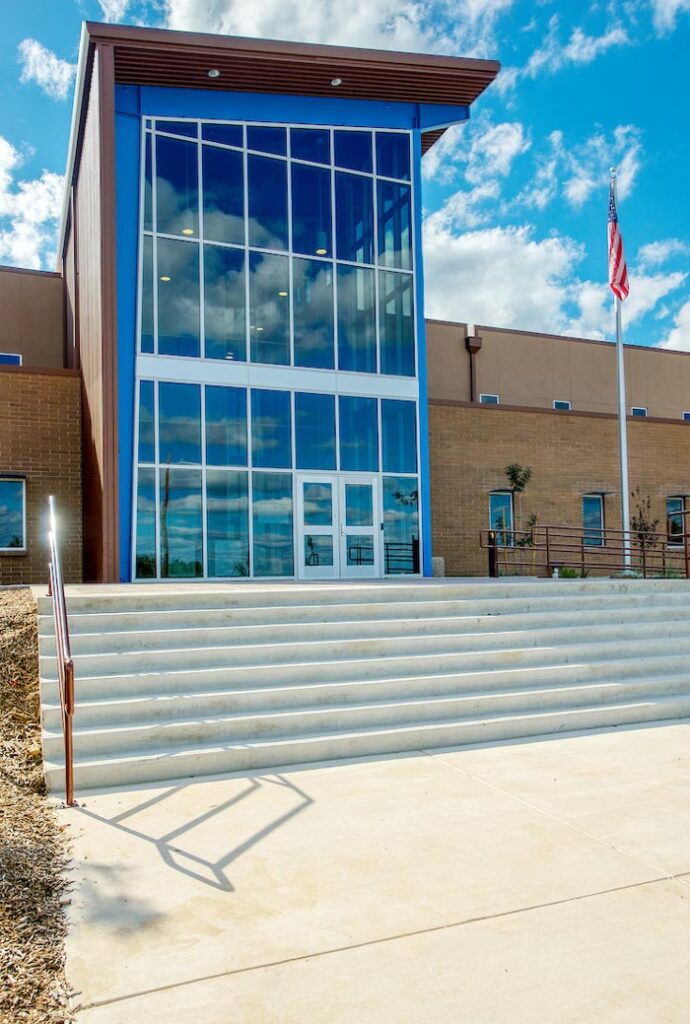
- BASIS Austin – 1605 Kramer Ln. Austin, TX 78758
- BASIS Cedar Park – 165 N. Lakeline Blvd. Cedar Park, TX 78613
- BASIS Pflugerville – 1217 S. 10th St. Pflugerville, TX 78660
- BASIS Benbrook – 8901 Vista Way Benbrook, TX 76126
- BASIS Plano/Irving- Opening August 2025
- BASIS Jack Lewis Jr. – 3303 N. Ellison Dr. San Antonio, TX 78251
- BASIS Northeast – 11550 IH 35 N San Antonio, TX 78233
- BASIS Medical Center – 8519 Floyd Curl Dr. San Antonio, TX 78240
- BASIS North Central – 318 E. Ramsey Rd. San Antonio, TX 78216
- BASIS Shavano – 4114 Lockhill-Selma Rd. San Antonio, TX 78230
BASIS Austin Primary
BASIS Plano/Irving
Opening August 2025

General – info@basisedtx.com
School Management – txschoolmanagement@basised.com
Enrollment – enrollment@basisedtx.com
Communications – communications@basisedtx.com
